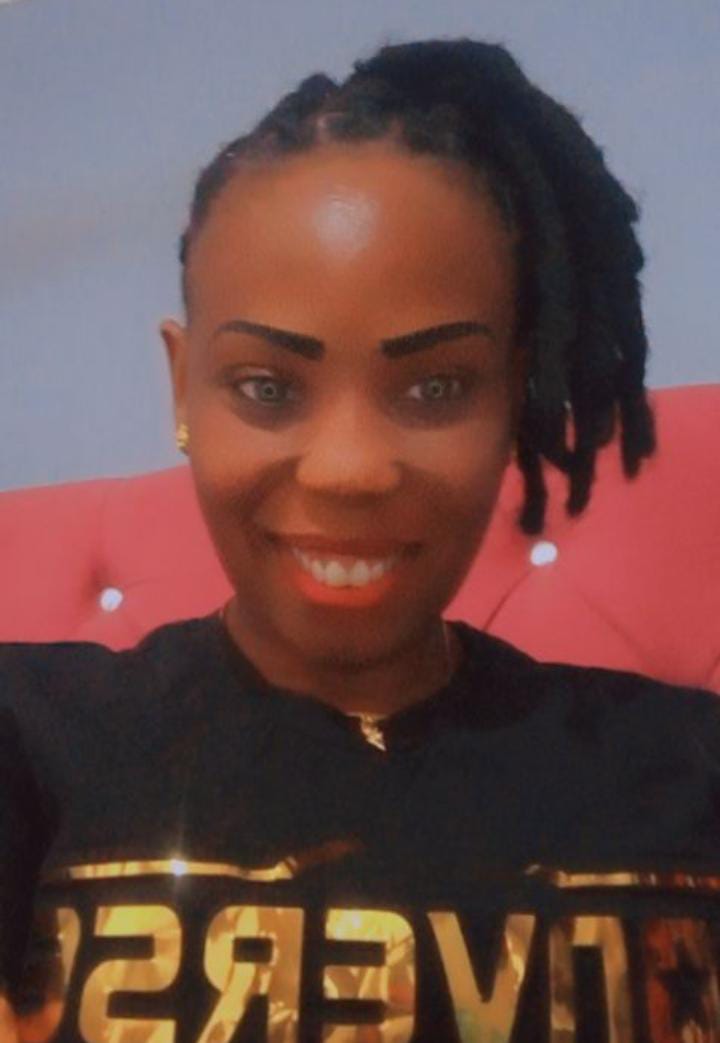As a lone girl in a traditionally patriarchal & heteronormative Muslim family in Tanzania, Oliver Rubama grew up with so much pressure to conform. She was expected to conform to socially expected patterns of female behavior and dress, and to aspire to get married to a man approved by her family.
As a young member of Tanzania’s sexual minorities community, Oliver watched with growing fury and exasperation as many of her peers were forced into marriages, pressured into heterosexual relationships, or ostracized, and denied family inheritance for failure to confirm.
“Girls were being forced to drop out of school because of the emotional toll of the social pressure and harassment all around them. This is what led me into activism – to ensure that the next generation of women and girls does not experience the same abuse,”
Oliver Rubama Tweet
In 2010, Oliver left her family to join Tanzania Lesbians Association, abudding organisation devoted to defending the rights of gender non-conforming women and girls. The organisation was committed to ensure that women and girls, regardless of their sexual orientation enjoy full protections of the law and access social services, particularly health programs pertaining their sexual and reproductive health rights.
In 2014, she formed her own organisation – Young Women Initiative, to tackle wider social challenges undermining the work of women human rights defenders (WHRDs) in Tanzania like lack of sufficient access to legal services, and lack of medical insurance. Her organisation also defends the rights of female sex workers and women living with HIV/AIDs.
Now, after seven years of sustained organising and advocacy, Oliver and her team can point to some gains:
“We have been able to secure a specialised gender desk within the police structure in the city of Dar es Salaam, with which we now engage to secure bail for sex workers or members working on issues of sexual orientation and gender identity whenever they get arrested. We have also developed a good relationship with the Network of women living positively, to whom we refer our members for proper health care in case they are exposed to the risk of HIV/AIDs or need SRHR counselling, “
Rubama Tweet
Still, she says, challenges remain:
“Women still experience gender-based violence and other forms of abuse, including stigma and discrimination. People and institutions also need to start respecting our work as legitimate. Our work is still necessary and important,” She says.

